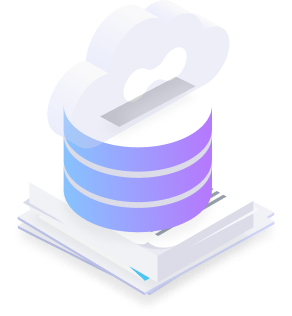The most user-friendly application to model, connect, and exchange ontologies!
Model data
Add context and meaning with hierarchies through an intuitive and user-friendly interface.

Connect data
Make a web of structured data. Connect your data to other Laces apps or external data sources. Create a data ecosystem.

Exchange data
Make data accessible to both internal and external stakeholders, ready to be utilized in any application.
How can the Laces Ontology Manager support your processes
Despite the growing recognition and usage of reference data or object type libraries, it is still commonly managed using outdated product sheets. Such reliance on old-fashioned methods, coupled with rigid data exchange standards and limited reusability, results in errors and substantial IT investments.
Laces Ontology Manager is a flexible tool for modeling structured information. With Laces, your information is reusable across multiple applications. Structuring information reduces end-user errors, increases data consistency and promotes interoperability.
With the Laces Ontology Manager you can standardize both the meaning and exchange of data, ready to be utilized in any application. Unlike other applications, Laces offers the ability to publish in Linked Data and integrate into your data ecosystem.
Who can benefit?
Information managers and domain experts who want to capture information in a structured way. Finding and using data becomes much more efficient, which applies both to applications within your company and to data exchange with partners.












